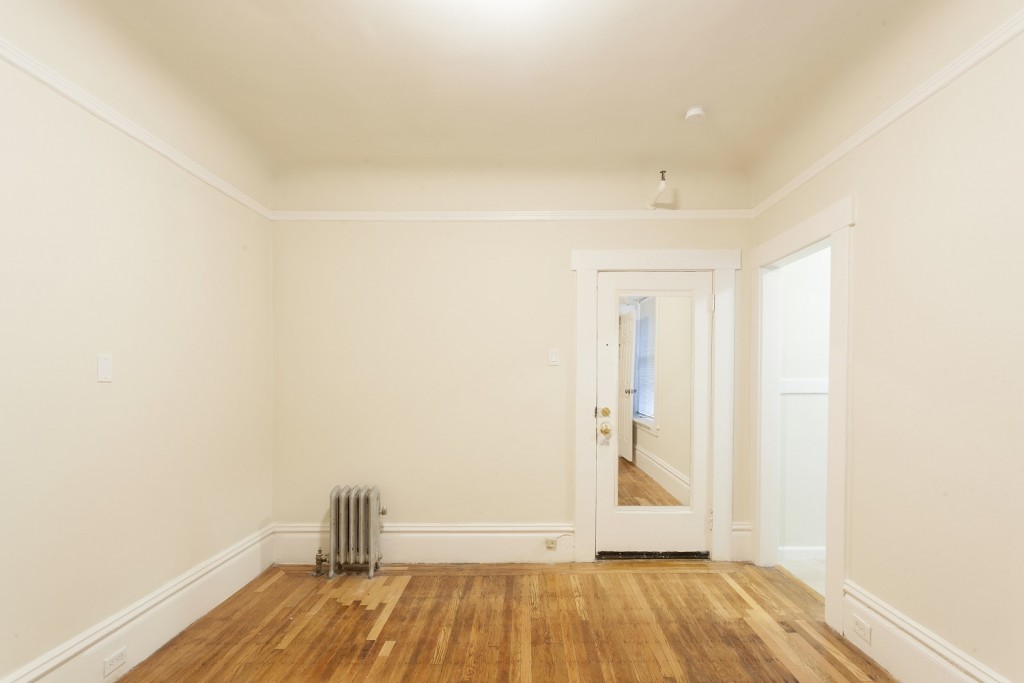The Rent a Room scheme announced by Chancellor George Osborne in last week’s Emergency Budget will add new housing stock to the rental market, but what will be the budget’s full implications for landlords and renters? Karim Goudiaby, chief executive of EasyRoommate, a website offering shared accommodation to rent, shares his thoughts on the topic. What does the […]
The Rent a Room scheme announced by Chancellor George Osborne in last week’s Emergency Budget will add new housing stock to the rental market, but what will be the budget’s full implications for landlords and renters?
Karim Goudiaby, chief executive of EasyRoommate, a website offering shared accommodation to rent, shares his thoughts on the topic.
What does the budget mean for the UK rental market?
 Renting a spare room in London, and throughout the UK, could become a lot more profitable after George Osborne’s summer budget. By raising the limit of the rent flatshare landlords can take tax-free, the Government hopes to mitigate the lack of affordable housing – especially in London.
Renting a spare room in London, and throughout the UK, could become a lot more profitable after George Osborne’s summer budget. By raising the limit of the rent flatshare landlords can take tax-free, the Government hopes to mitigate the lack of affordable housing – especially in London.
Although incentivising the release of more rooms onto the market can only help the lack of housing, I am concerned that the budget was noticeably lacking in plans to build more new houses -something all parties agree we must do to fully tackle high rents and increasing numbers of millennials living at home with their parents
Rent a Room scheme
The Rent a Room scheme incentivises homeowners to rent out spare rooms to private tenants by allowing £4,250 of the rent to be collected free of tax. In the budget, George Osborne announced that this figure would increase to £7,500, thus further incentivising the scheme.
This is a significant rise, both in terms of the increase and what it signifies. The increase is one of 76%, but theoretically, since the average lodger will pay £6,071 per year (out of London), this increase in tax relief means that most rooms will now not be taxed at all.
It is especially important to remember that those most likely to benefit from this tax relief are those who would be paying the highest rate on their rental income, since it tends to be wealthier homeowners, who pay a high rate of tax already, who have the most rooms available to lodgers.
It is clear that this policy is aimed at tackling the lack of supply in the rental market and bringing down historically high rental prices as the palpable supply/demand imbalance stands to be offset by new rooms entering the market, especially in the South East. Any steps taken to tackle this should be welcomed. Clearly it is not right that there are an estimated 19 million empty rooms in the UK, yet many people cannot find suitable rental accommodation.
This crisis in the rental market is a good goal for the Chancellor to tackle, and the tax will incentivise a more rational deployment of the UK’s property to serve the people. However, it is somewhat concerning that this policy will do nothing to solve the root of the problem: a lack of house building in a country that has had the fastest rate of population growth in the EU for a decade.
Buy to Rent relief cut
The Chancellor announced plans to reduce the amount of tax relief private landlords will receive. Private landlords who have taken out a mortgage in order to let out a property have been able to claim tax reliefs on the interest rates of their mortgage.
Controversially, the relief they could claim rose in line with the tax band of the claimant, meaning a high income landlord would be receiving relief at the top tax rate of 45p. In the new plans, this will end, as relief will only be given at the lowest rate of 20p to the pound.
This policy is very much in line with George Osbourne’s general focus on helping house-buyers: a strategy led by flagship policies such as Help to Buy and Right to Buy. Getting on the property ladder – something that became commonplace in the Baby Boomer generation – remains something many people in succeeding generations continue to aspire to, so any assistance in achieving this is welcomed.
“It is, however, regrettable that many of these policies look set to have injurious consequences for both sides of the rent market. Right to Buy essentially makes it easier to take rental properties out of the market, decreasing the supply and pushing up prices for renters. Conversely, this tax relief cut looks set to hit thousands of landlords who rely on this relief to compensate for the huge costs that high street letting agents are able to charge.
Elsewhere in the budget
Landlords now cannot stop tenants subletting on a short-term basis. This flexibility is going to be great news for renters, especially young renters in entry level roles.
Having the freedom to fill a room for a month or two at the end of a contract can greatly ease the transition period if moving between two flats. Without this subletting freedom, tenants may be forced to pay two tents simultaneously, as they secure their new contract before the previous one has expired in an attempt to avoid spending time without shelter between contracts. Clearly, this is good news for renters.
It was a pre-election promise from David Cameron that sees the budget ushering in changes to housing benefits. Under-21s will now receive no housing benefit whatsoever. This is going to affect 20, 000 young people.
This has drawn criticism, both ideological and pragmatic. Ideologically, the Tories are being challenged for treating housing benefits as if they are a ‘way of life’ which they are simply disincentivising, as opposed to a lifeline which disadvantaged young people are often forced, and do not decide, to rely on.
Pragmatically, as a way of reducing the deficit, the policy has been criticised on the grounds that the social care costs resulting from homelessness will almost eclipse any savings from cutting the paying out of benefits. This criticism comes from a report by End Youth Homelessness.
Looking collectively at these elements, the housing policies in the budget look to decrease rent by giving landlords tax cuts which they can then pass on to renters. By freeing up some of the estimated 19 million empty rooms, the Government hopes to increase supply, the effect of which is hoped to manifest itself in lower rental prices.
This decrease in taxes is then offset by a reduction in spending: the removal of young people’s housing benefits. There is nothing more Conservative than a policy which reduces both spending and tax, and this is what the country voted for at the general election.
“Personally, I would be happy to see more concrete plans for new affordable homes in the UK, ” Goudiaby concludes.














